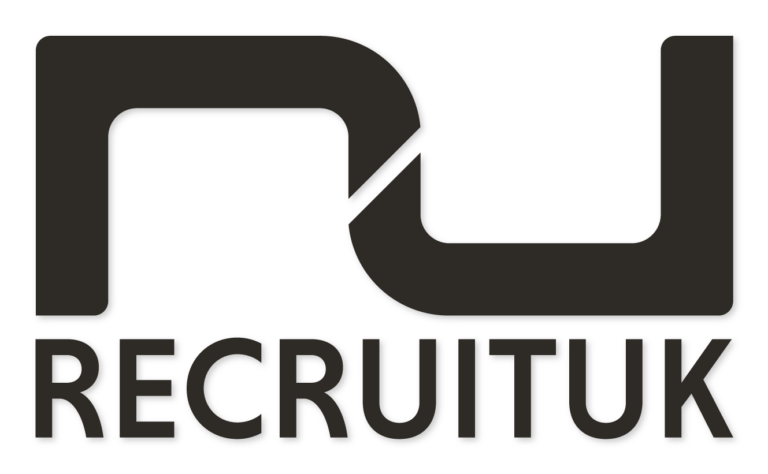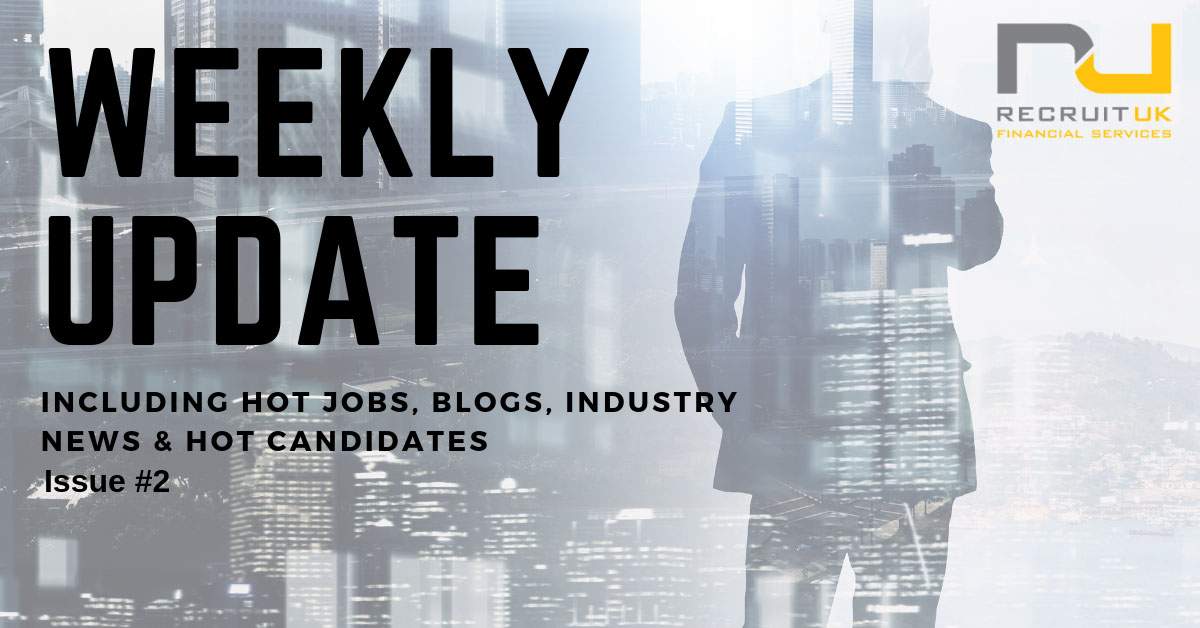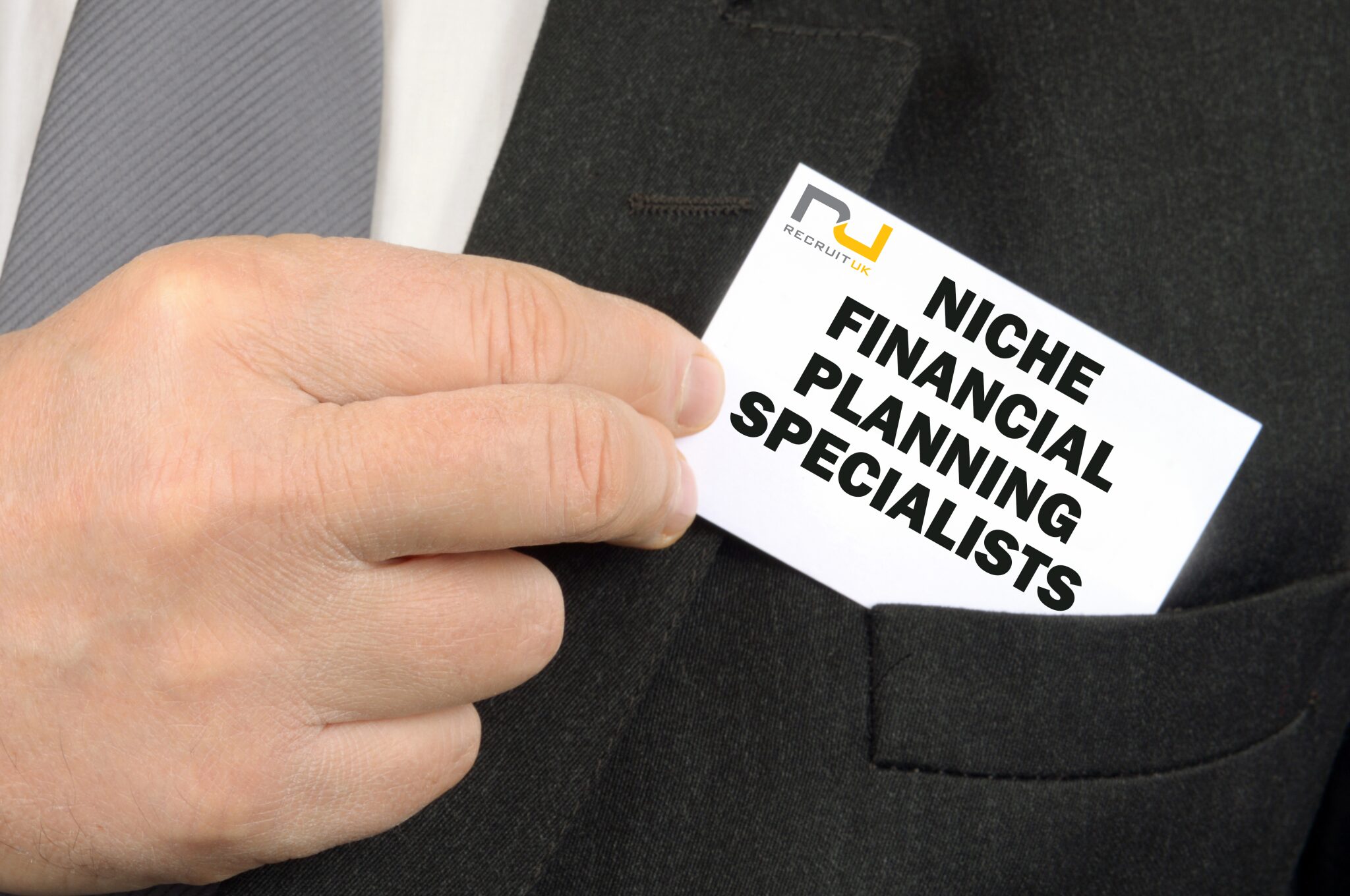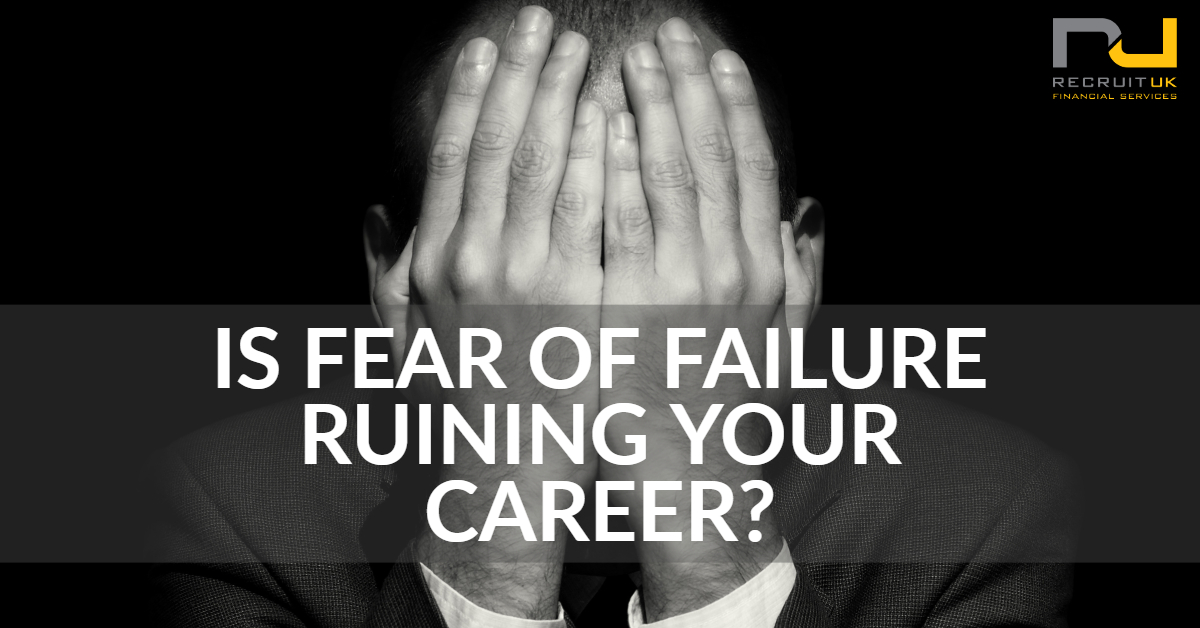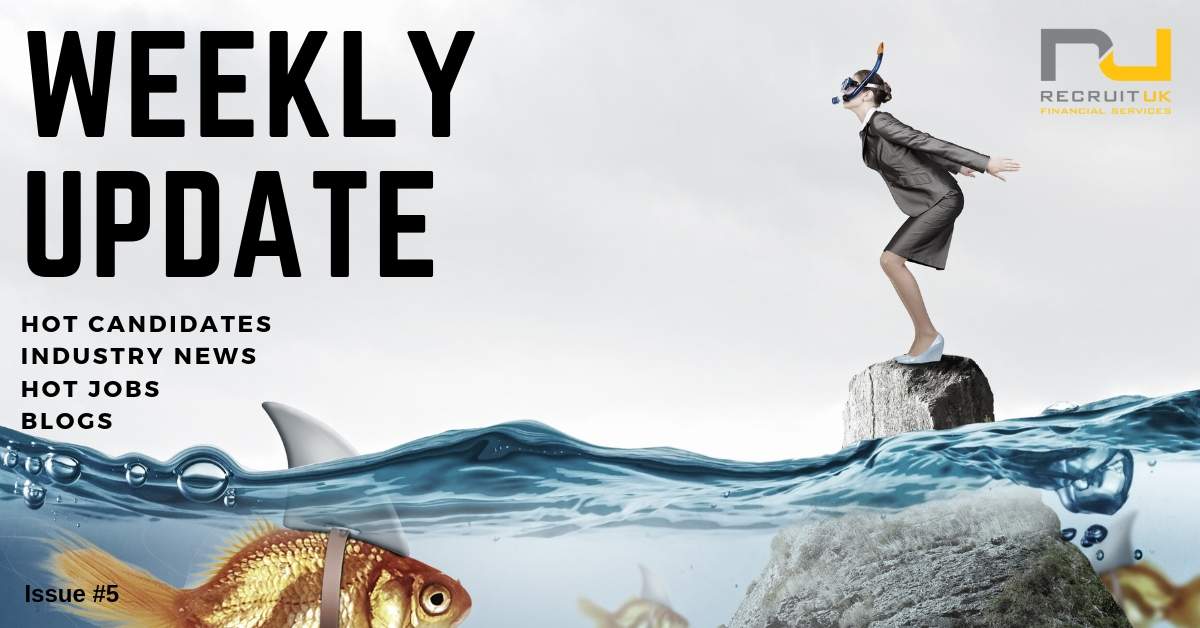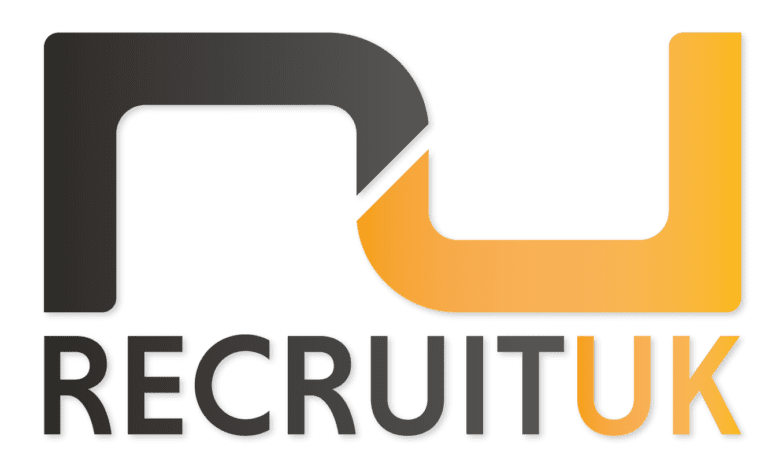Your aim as an interviewer is to hire the best.
This means your interview should be the best it possibly can be. Competition to hire the best candidates is fierce, and the stakes are high.
An interview gives you the opportunity to evaluate the applicants work experience, as well as reviewing their specific skills and abilities. It also gives you the opportunity to evaluate the candidates interpersonal and communication skills, giving you a feel for their personality and assessment of ‘fit’ for your organisation.
Follow these steps to help you conduct the perfect interview.
Understand fully what it is your business needs and how you will identify suitability for the position
Experience, qualifications, and credentials are all important, but great employees don’t just perform a job, they solve critical business needs. It is important you identify what that critical need is, so that you can tailor the interview process to finding the perfect solution.
Skills are important, but attitude is often more important. Determine how you will identify the person with the right personality, interpersonal skills, and interests. Look at your top performers. What do they have in common? How are they resourceful? What did they accomplish prior to working at your organization? What roles did they hold? Those answers will help you create criteria and enable you to construct relevant questions for the candidate.
Get the candidate on the same page
Reduce the stress for both yourself and the candidate by sending the candidate interview details prior to meeting. This could include the dress code of your business, what to bring with them or a presentation to prepare. If the candidate is serious about the position they will turn up prepped.
Spend time doing your homework
Many interviewers will glance at a CV a couple of minutes before the interview. How will you ask intelligent questions and create compelling conversation when you don’t know anything about the person you are interviewing?
What was their first role? What did they accomplish? What projects have they worked on? What does this initially tell you about their interests and work ethic? Then look at their next job- Why did they leave and what does this say about their career path? Look beyond the facts and figures and read between the lines to get a sense of the candidate’s interests, goals, successes and failures.
Do a quick survey of the candidate’s online presence, including their social media profiles What are their interests? Who does he/she network with? Would they be representing your brand in the right way?
Make the interview a conversation, not an interrogation
The best interviews are conversations, so the more you know about the candidate ahead of time the more questions you can ask that give the candidate room to self-analyse.
Once a candidate realises you are not just firing a list of questions at them, they are likely to open up and speak more freely. They may also offer more detail, or a different perspective on the question that was asked.
Involve (only a few) others
When making a hiring decision it is often important to seek counsel from others, so invite a few trusted colleagues to help you interview. Multiple checks will help to ensure you are hiring the right person, however extreme democracy may prove ineffective and can result in a long, drawn out process.
Assess potential
Schedule a few hours for the first interview, as this enables you a good amount of time to really assess the person’s competency and potential. Look for signs of the candidate’s curiosity, insight, engagement, and determination. Does this person have the potential to work their way up through the company? Although this person can do this job today, can he/she fulfil the role a year down the line?
Always ask follow up questions
The most revealing answers usually come from follow-up questions. Once the candidate has answered a question, ask why? Or how a situation turned out like that? Who did what? What made success difficult for you to achieve? What did you learn from that failure?
Follow up questions take you past the canned responses and into the finer details.
Spend as much time answering questions as you do asking
Great candidates are evaluating you, your company, and whether they really want to work for you. Give them time to ask their own questions, be open and candid but never sell. Trust that great candidates will recognise a great fit and a great opportunity when they see one.
Describe the next steps
At the end of the interview always describe the rest of the process. Explain what you will do and how you plan to do it.
Tell the interviewee the next steps before they ask, put them at ease and inform them of what will happen next and make sure you follow up on this.
